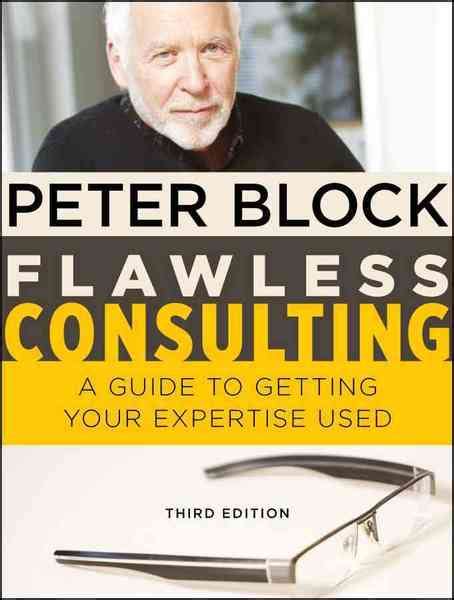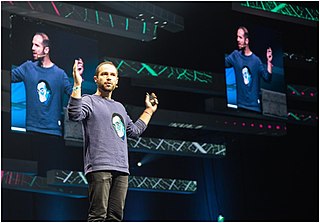A Quote by Caroline Ghosn
We cannot solve the STEM gender gap without solving it for millennials. They're our first digital natives, and they're willing to learn quickly.
Related Quotes
Technology is something you have to embrace because technology is part of our generation. Digital natives, for instance, are people who grew up in a world that always had the Internet and who always had smartphones. Millennials aren't too far behind: my generation of people, who were in the mix of the Internet when it first came out.
In every part of the world with which I am familiar, young people are completely immersed in the digital world - so much so, that it is inconceivable to them that they can, for long, be separated from their devices. Indeed, many of us who are not young, who are 'digital immigrants' rather than 'digital natives,' are also wedded to, if not dependent on, our digital devices.
Solve it. Solve it quickly, solve it right or wrong. If you solve it wrong, it will come back and slap you in the face, and then you can solve it right. Lying dead in the water and doing nothing is a comfortable alternative because it is without risk, but it is an absolutely fatal way to manage a business.
Once I started to get aligned with the God in me, something hit me hard: I learned that our worth, our validation, our purpose and our acceptance don't stem from what we should do. They don't stem from what we have. They don't stem from what we've done or who we were. They stem simply from the fact that we are.
Dissent is the cousin of diversity; the respect for a wide range of beliefs. This begins by allowing people the space to say "no". If we cannot say "no" then our "yes" has no meaning. Each needs the chance to express their doubts and reservations, without having to justify them, or move quickly into problem solving. No is the beginning of the conversation for commitment.
Solving the population problem is not going to solve the problems of racism, of sexism, of religious intolerance, of war, of gross economic inequality. But if you don't solve the population problem, you're not going to solve any of those problems. Whatever problem you're interested in, you're not going to solve it unless you also solve the population problem. Whatever your cause, it's a lost cause without population control.
We decided to significantly change the nature of the services we are providing to our clients by creating, really, a digital-first company, and digital first in two main directions: first, being the leader in providing digital services to our clients and second, making Accenture the most digitalized organization.


































